Briefings

Public benefit or burden: Land acquisition for the East African Crude Oil Pipeline (EACOP) and its impact on agro-pastoral communities in Tanzania
Over the past year, momentum has been building in Tanzania for the construction of the East African Crude Oil Pipeline (EACOP). This 1,443 km-long pipeline will transport oil from the west of Uganda (Hoima district) to export facilities on Tanzania’s Indian Ocean coast in Tanga region. In December 2023, the project – a partnership between the governments of Uganda and Tanzania (through their natio

Revisiting responsible sourcing: Lessons from the Democratic Republic of Congo
Thirteen years ago, in May 2011, IPIS participated in the very first meeting in Paris on implementing the newly adopted OECD Due Diligence Guidance for Responsible Supply Chains of Minerals from Conflict-Affected and High-Risk Areas. At this relatively small gathering – organized by the International Conference on the Great Lakes Region (ICGLR), the OECD and the UN Group of Experts on the Democrat
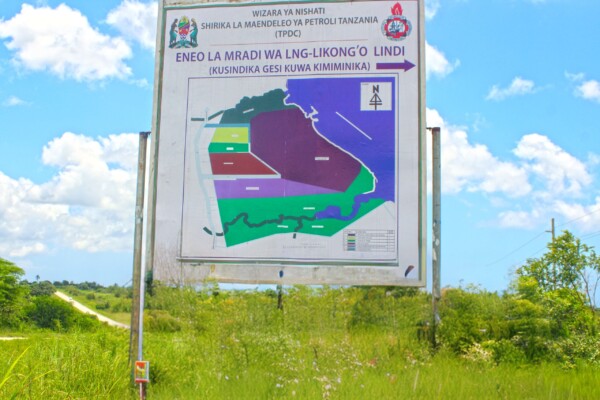
Advancing responsible oil and gas management: The Tanzania Liquified Natural Gas Project
DARUBINI – TANZANIA BRIEFING – AUGUST 2024 The global energy landscape is undergoing a profound transformation. Today, Tanzania is on the brink of finalizing a Liquefied Natural Gas (LNG) export deal. The Likong’o Liquefied Natural Gas Project aims to exploit the reserves discovered in an offshore basin in the Indian Ocean, with an estimated 57 trillion cubic feet of gas intended for export. The T
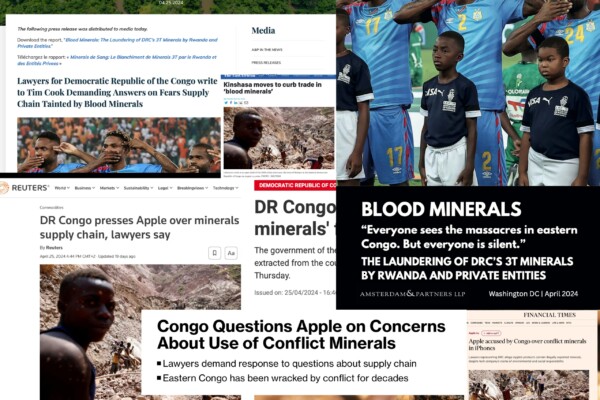
Why the DR Congo is putting Apple on the spot
End of April, several international media relayed accusations against Apple sourcing ‘conflict minerals’ from eastern Democratic Republic of Congo (DRC). The reality behind these allegations is however quite complex. The reasons for the Congolese government to speak out now, seem to go beyond concerns related to human rights violations along mineral supply chains. The allegatio
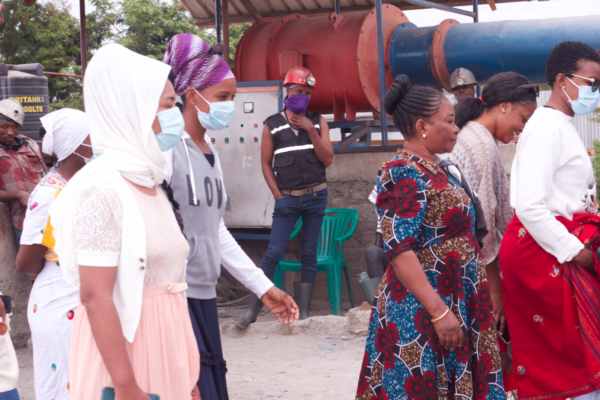
Unearthing equality: Women’s empowerment in Tanzania’s extractive sector
DARUBINI – TANZANIA BRIEFING – APRIL 2024 While driving economic growth and contributing to welfare, the benefits of Tanzania’s extractive sector have not been equitably distributed among all segments of society, with women being notably disadvantaged. In this briefing, IPIS and its partners look at the realities of women’s participation in both small and large-scale mining. The briefing iden
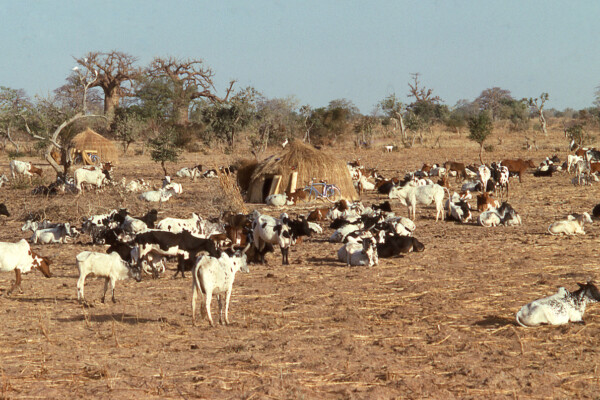
From the plains to the parks: an overview of the Burkina Faso – Benin border’s continued insurgency issue
On January 1 2024, insurgents linked to the al-Qaeda affiliated jihadist group Jama’at Nusrat al-Islam wal-Muslimin (JNIM) clashed with state troops near Banikoara in north-western Benin, resulting in five casualties. The violence is part of a broader trend which has seen the border area between the Kompienga and Tapoa provinces of Burkina Faso’s Est region and t

A tale of two diamond certification schemes: the Kimberley Process and the G7’s Russian diamond ban
The diamond trade is today faced with arguably the biggest crisis since the blood diamond controversy of the late 1990s. Once again this has to do with widespread concern that proceeds from mining and trading this precious symbol of eternal love are being used to finance conflict. This time the source of controversy are Russian diamonds, which represent about one third of the global production, an
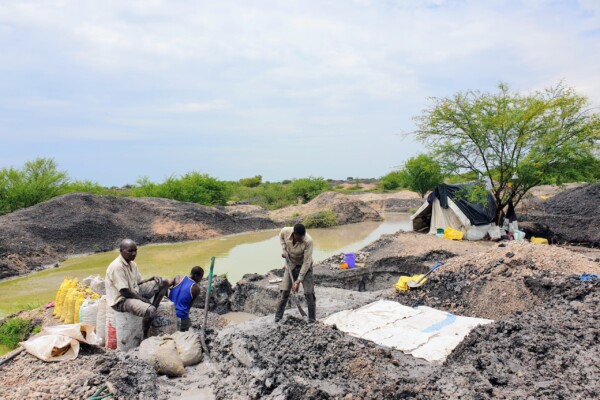
Access to remedy and extractive industries: The challenges of legal aid providers in Tanzania
DARUBINI – Tanzania Briefing – December 2023 Tanzania’s rich mineral reserves and thriving extractive industries provide a promise of economic prosperity and development. However, when these industries cause harm to both surrounding communities and environments, access to remedy often remains difficult. In this briefing, IPIS and its partners address challenges facing Legal Aid Providers (LA
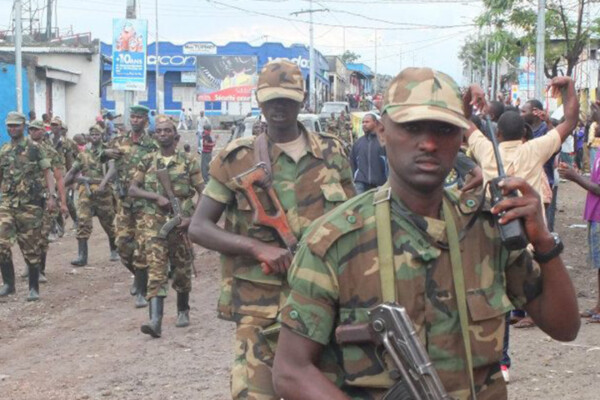
M23 crisis flares again in North Kivu: context, dynamics and risks
Past October, violence resurged in North Kivu province, as clashes intensified between the Movement of March 23 (M23) and various local militias, as well as the Congolese army (FARDC). An additional 200,000 people have been displaced last month, exacerbating the dire humanitarian situation in the province which already counted over 590,000 internally displaced persons (IDPs) due to the M23 crisis
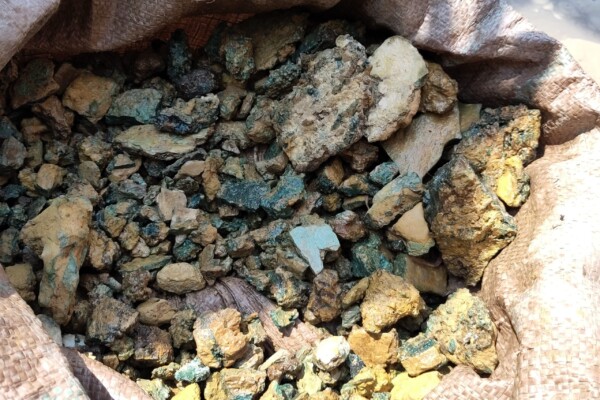
The EU Critical Raw Materials Act: Handshakes, extracting, processing and recycling. Why not reducing and prioritizing?
The European continent struggles with the dilemma to secure its raw material supply chain for the sake of its green transition and energy sovereignty, at the cost of more pollution, ecosystem destruction and handshakes with undemocratic resource-rich countries. The Critical Raw Materials Act (CRM Act) proposes a strategy to secure a sustainable supply of critical raw materials, and is currently ne
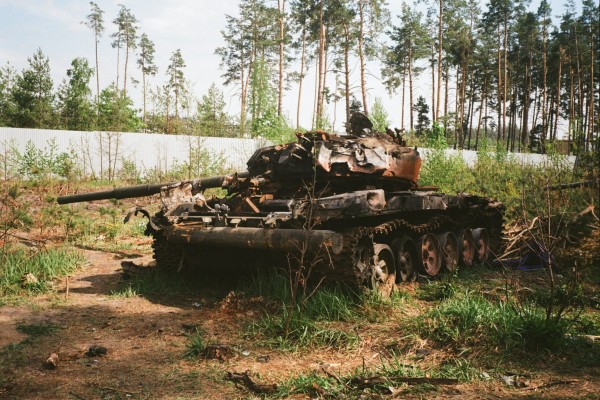
The Ukraine war, environmental destruction and the question of ecocide
Arms Trade Bulletin: September – October 2023 Early September, controversy erupted due to the US delivery of depleted uranium (DU) ammunition to Ukraine as part of their latest $175 million military aid package, including the M1A1 Abrams tanks. Despite the US following the UK’s example, which had already sent DU ammunitions, this is the second controversial US arms delivery since the
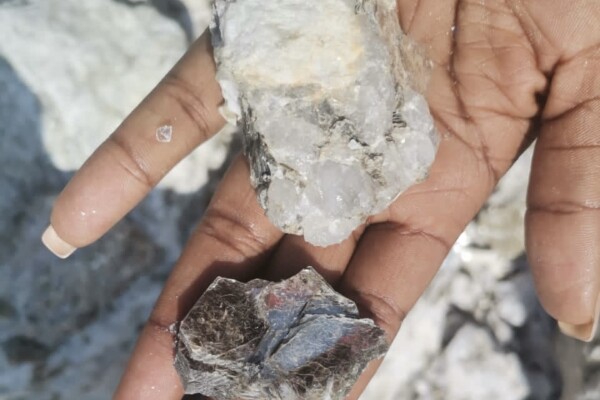
Chinese dominance in Zimbabwe’s lithium mines: Potential risks, vulnerabilities and opportunities in the critical minerals sector
In the global race for energy transition minerals that are meant to help address the climate change crisis, Zimbabwe is one of the few African countries with important lithium reserves. If mining projects are managed transparently and with respect for property rights, human rights and openness to competitive investments, it can potentially lead to growth and development that has so far elude

Tanzania’s mining policy on local content: Progress and associated challenges
DARUBINI – Tanzania Briefing – September 2023 Tanzania has experienced a boom in its mining sector in the past few years. Yet there are concerns about the limited benefit this has provided to Tanzanian communities , due to a lack of local participation in the sector’s value chain. This briefing evaluates the implementation of legislation regulating local participation thus far and identifies

Reimagining Western engagement: New strategies for stability in the Sahel are underway
On 29 September 2022, IPIS organised a panel discussion on the implications of the Ukraine invasion for Russia-Africa relations. The discussion touched upon shifting power balances, the role of Russian mercenaries and the impact of the war in Ukraine on the African and global diamond industry. Nowhere are these evolutions better reflected than in the Sahel, a region stretching from Seneg
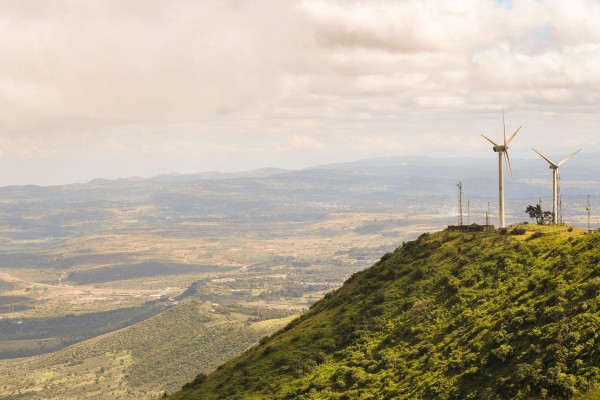
Tanzania and the energy transition: Potential, progress and challenges
DARUBINI – Tanzania briefing – May 2023 The global debate on the energy transition is also heating up in African countries. It relates to the urgent need for climate change adaptation, resilience, and mitigation. This briefing focuses on the ongoing energy transition debate in Tanzania by examining the progress, potential and challenges it poses for the country to transition from fossil fuels to c
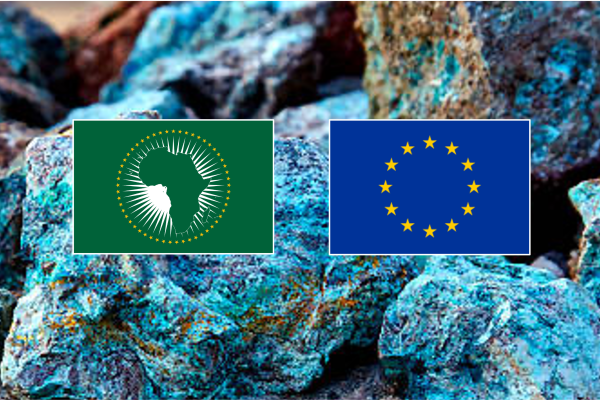
Critical minerals and the need for equal partnerships with African producers
Before Western policymakers recognized the immense strategic importance of minerals for green energy production in the 21st century, it was primarily seen as the main source of conflicts in Africa, especially when they were extracted in the African Great Lakes Region.
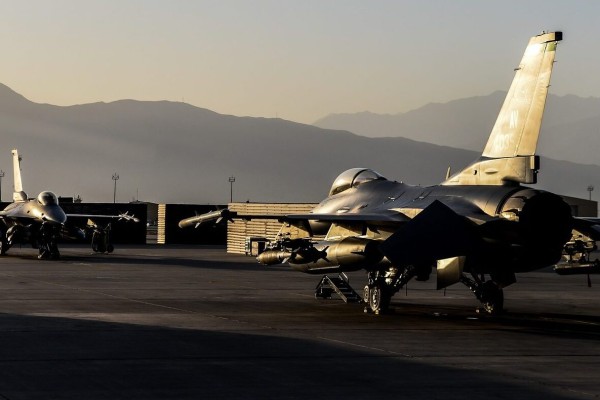
Where would Ukraine’s “wings for freedom” be flying to?
Arms Trade Bulletin: January – February 2023 Today marks the first year of Russia’s unlawful invasion of Ukraine, and with a Russian spring offensive in sight, Kyiv is requesting ever more offensive weapons from NATO countries. From the very outset of the war, Ukrainian president Volodymyr Zelensky has been maintaining a proverbial shopping list that included NATO-standard weapons. Despi
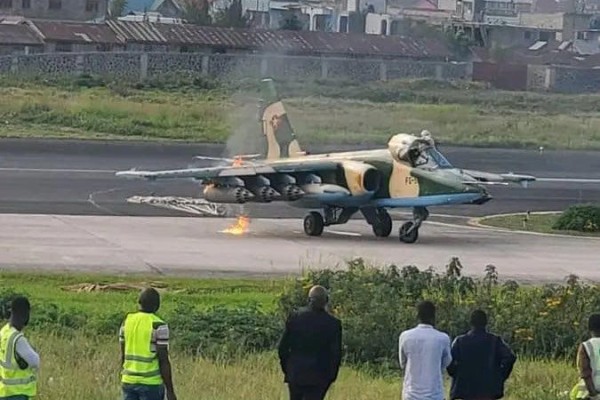
Why M23 is not your average rebel group
Ce briefing est également disponible en français The past year saw some major changes in the eastern part of the Democratic Republic of the Congo (DRC), which has been ravaged by armed groups for decades. One group in particular rose to the forefront, the Mouvement du 23 Mars (M23). The objectives of M23 are perched at the intersection of local, national and regional power interests as w
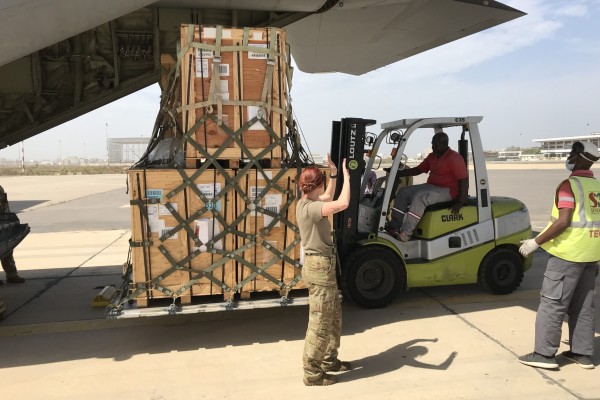
Africa and the Arms Trade, 2022
Arms Trade Bulletin October – December 2022 The past year has seen many geopolitical shifts from the war in Ukraine, anti-French sentiments in the Sahel and Xi’s increasing influence on China and the world stage. These geopolitical shifts cannot be separated from the international arms trade. For instance, the world’s second-largest exporter of major conventional arms, Russia, is heading for an es
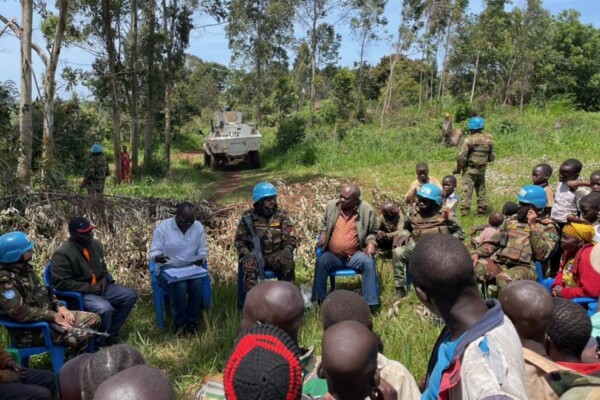
Is the UN overstaying its welcome in the Democratic Republic of Congo?
What is happening? Since July 2022 the Democratic Republic of Congo (DRC) has seen a series of protests against MONUSCO, the UN peacekeeping mission deployed in the DRC. The protests took place in multiple cities in eastern DRC, which has recently seen an increase in armed group activity. The protestors voiced their anger towards the UN for being unable to protect civilians against the violence of

